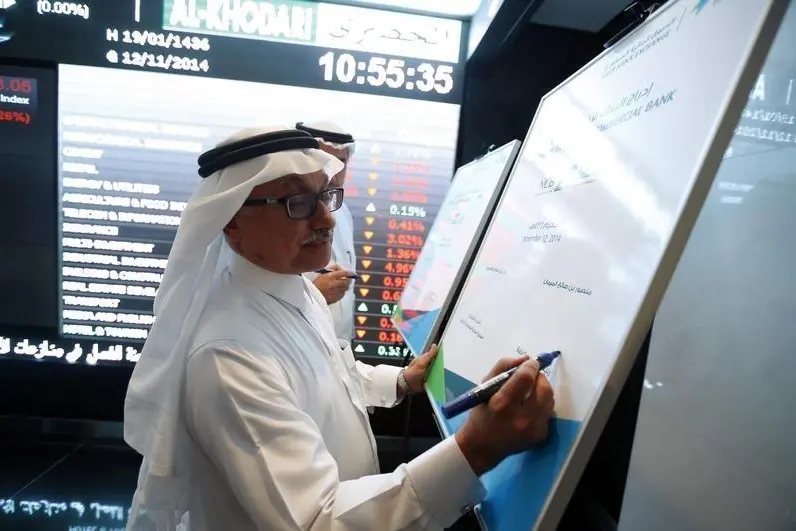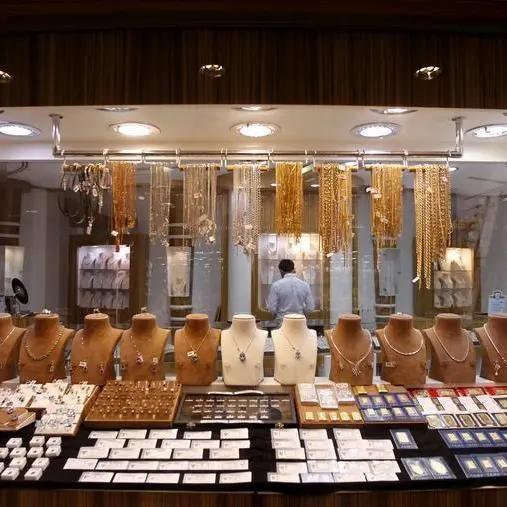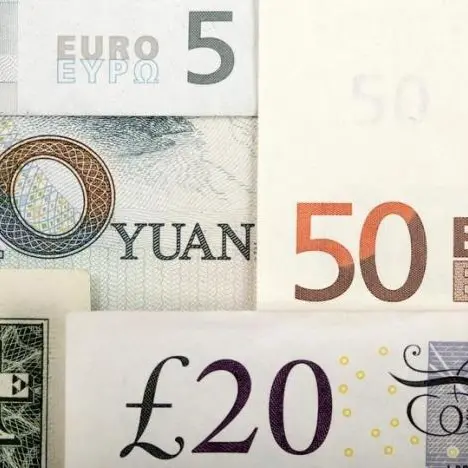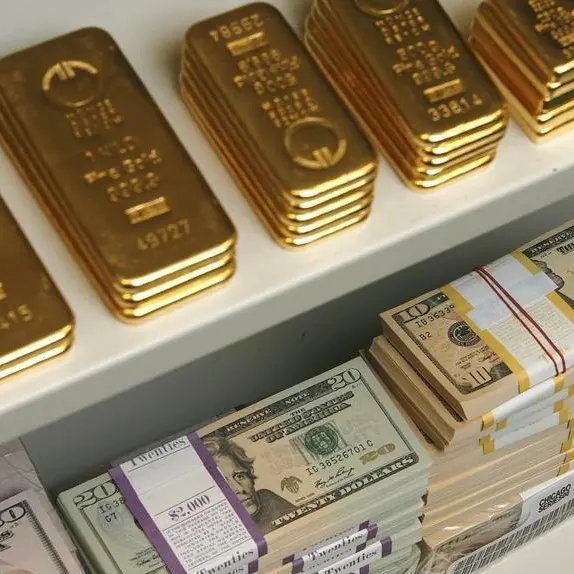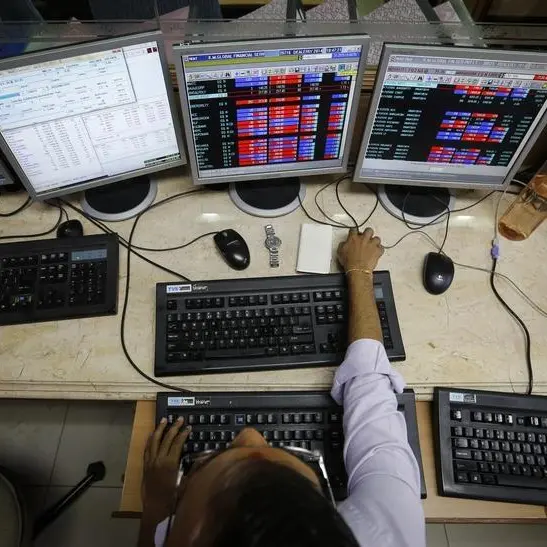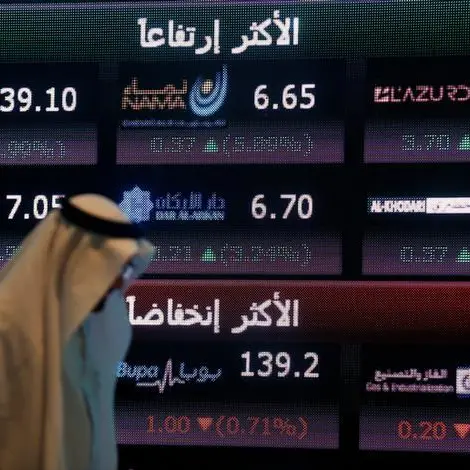PHOTO
(A correction was made to the first paragraph as it incorrectly stated that Saudi Arabia was the top performing market in the Middle East in June. Bahrain's index was the top performing bourse during the month)
Regional markets were mixed, amid a confused global outlook, as fears that China and the United States could get embroiled in a full-blown trade war made international investors more risk-averse.
SAUDI ARABIA
The Saudi index gained 1.9 percent in June as index provider MSCI said it would upgrade the kingdom to emerging market status from mid-2019. MSCI estimates up to $40 billion from emerging market funds will flow into Saudi stocks as a result. In March, rival FTSE-Russell also said it would add Saudi to its own emerging markets index next year.
“Saudi markets had seen buying momentum after the MSCI announcement, the market strength is backed by not only MSCI and FTSE decision but also strength in oil (prices) and expectations of improvement in earnings, especially from the two main sectors – petrochemicals and banks,” Nishit Lakhotia, head of research at SICO Bank in Bahrain, told Zawya by email.
“Higher oil (prices) and an expected boost in production volumes will provide the government with more liquidity to boost private consumption and give the requisite fillip to capex. Accordingly, the country is in a sweet spot and reforms such as women driving add to the positive sentiments for investors,” Lakhotia added.
The Saudi bourse was the top performing Gulf market in the first half of 2018, rising 15 percent. The banking sector was the main driver of Saudi’s gains, climbing 28 percent over the same period.
“The stock rally is on strong legs as the oil price outlook also looks bullish,” Vijay Valecha, chief market analyst at Century Financial Brokers, told Zawya by email.
UNITED ARAB EMIRATES
UAE stocks retreated in June. Dubai’s index plunged 4.8 percent while Abu Dhabi’s benchmark slipped 0.98 percent.
The planned liquidation of the Middle East's biggest private equity Abraaj after a row with international investors over how it used their money in a $1 billion healthcare fund, hurt investor confidence in Dubai.
“Many blue-chip UAE names continued to witness major selling pressure in June, especially on Dubai Financial Market,” said SICO’s Lakhotia.
“The weakness is a combination of uncertainty (regarding a) recovery in the macro environment, certain stock-specific corporate governance issues and reallocation of funds from UAE to Saudi and Kuwaiti markets by international investors where there is FTSE and MSCI story in play. UAE markets declined despite several investor-friendly regulations announced by the government.”
According to a Reuters poll of 13 Middle East fund managers conducted at the end of June, 15 percent of participants now expect to raise allocations to UAE equities in the next three months. The same proportion expects to reduce them.
“As we head into usual summer slowdown, it is unlikely UAE markets will recover soon but some stocks offer real good value for investors willing to stomach near-term volatility,” added Lakhotia.
EGYPT, KUWAIT
Egypt’s main index dropped 0.4 percent last month, although investors seem broadly confident despite the slight decline, with the benchmark up 8.9 percent in the first half of 2018.
“The economic outlook of Egypt looks strong,” said Century’s Valecha, citing accelerating economic growth that he attributed to currency reforms, a lower budget deficit and measures to support businesses.
“Egyptian equities are in a bull market as the fundamentals of the country have changed for the better,” he added.
In June, Qatar’s index added 1.6 percent, Kuwait’s benchmark rose 3.3 percent and Bahrain’s measure climbed 3.6 percent, but Oman’s index dropped 0.8 percent.
Global index compiler MSCI said in June that it would consider reclassifying Kuwait to emerging market status from frontier market. FTSE Russell had also announced previously that it will start moving Kuwait to secondary emerging market status this September.
(Writing by Gerard Aoun; Editing by Matt Smith and Shane McGinley)
(gerard.aoun@thomsonreuters.com)
Our Standards: The Thomson Reuters Trust Principles
Disclaimer: This article is provided for informational purposes only. The content does not provide tax, legal or investment advice or opinion regarding the suitability, value or profitability of any particular security, portfolio or investment strategy. Read our full disclaimer policy here.
© ZAWYA 2018
